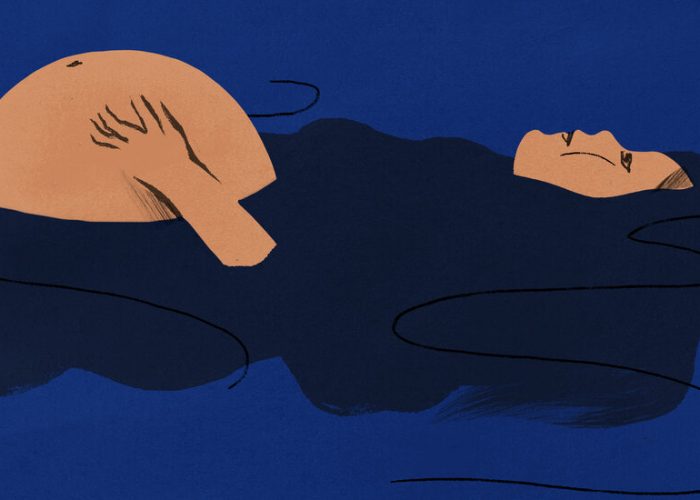Thats improved in the past five years, but theres still a long way to go. To this day, I come across physicians and ob-gyns who say, Well, she doesnt look depressed as justification for not screening a patient for mental health issues, Dr. Moore Simas said. For many years, women have fallen through the cracks.
The 10 to 15 percent of women who exhibit symptoms of full-blown clinical depression during pregnancy often get treatment for it. Its the additional 25 to 40 percent of women who have risk factors for depression, like stress at home or prior mental health issues, or who show signs of depressive behavior that doesnt rise to the level of a full diagnosis, who tend to be overlooked.
For women with access to it, therapy is effective. But its expensive, and there simply arent enough trained therapists in the United States to provide one-on-one services to every pregnant woman who might need them. However, a 2019 report from the U.S. Preventive Services Task Force, pointed to two alternatives that offer measurable benefits to women at significantly less cost and which, under the Affordable Care Act, insurers must cover without requiring co-payments.
The first is a five-session program called Reach Out, Stay Strong, Essentials for Mothers of Newborns, or the ROSE Program. Developed by researchers at Michigan State and Brown universities, the ROSE Program trains expectant mothers in group classes on how roles and relationships change postpartum, and teaches assertiveness skills so expectant mothers can ask for the support that they need. Its currently in place at dozens of prenatal clinics across the country that provide health care for low-income women.
The second is the Mothers and Babies Program, an online or in-person course derived from cognitive behavioral therapy that teaches expectant and new mothers how to identify harmful thoughts, cultivate support networks and seek out healthy mood-boosting activities.
Developed in the early 2000s by psychologists at the University of California, San Francisco, the program is now available in more than 20 American states and has been piloted in Kenya and Tanzania as well. Its organizers like to think of Mothers and Babies as having a two-generation impact that improves the health and well-being of both mother and child, said Darius Tandon, an associate professor and director of the Mothers and Babies Program at Northwestern University Feinberg School of Medicine in Chicago.read more
For Pregnant Women, a Push to Head Off Depression Before It Starts


